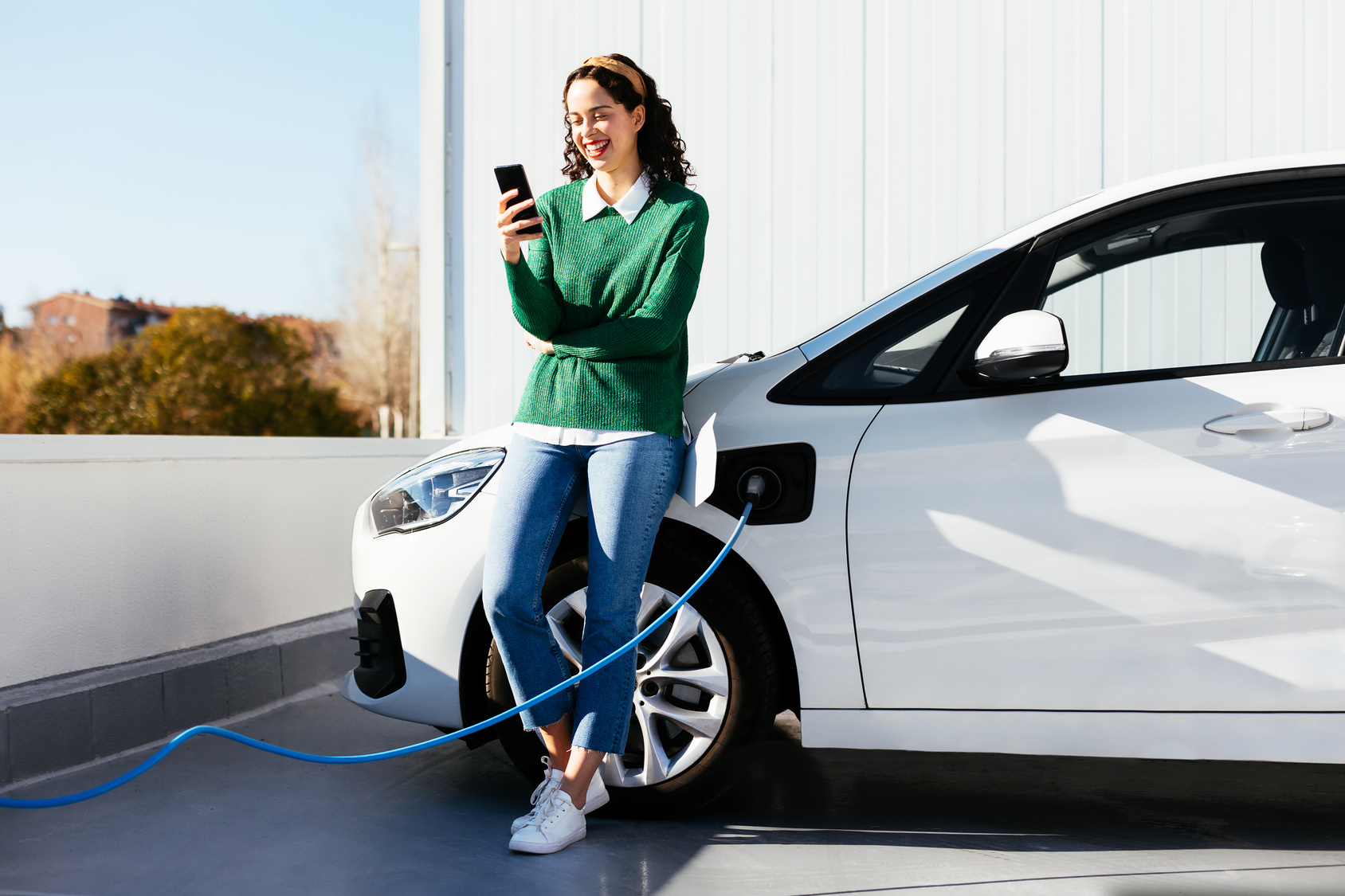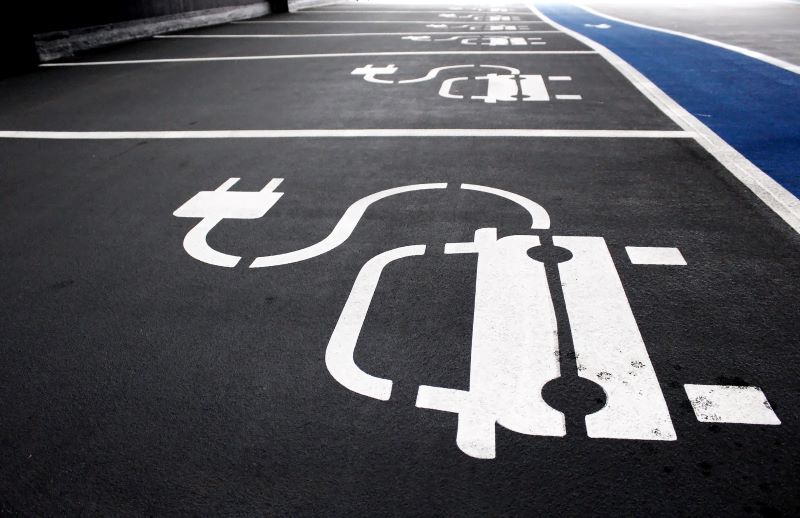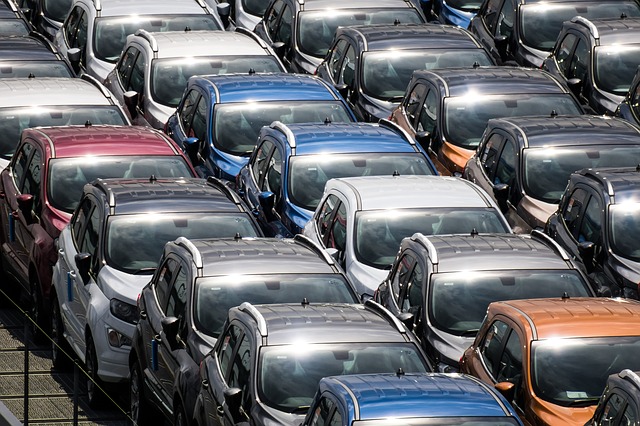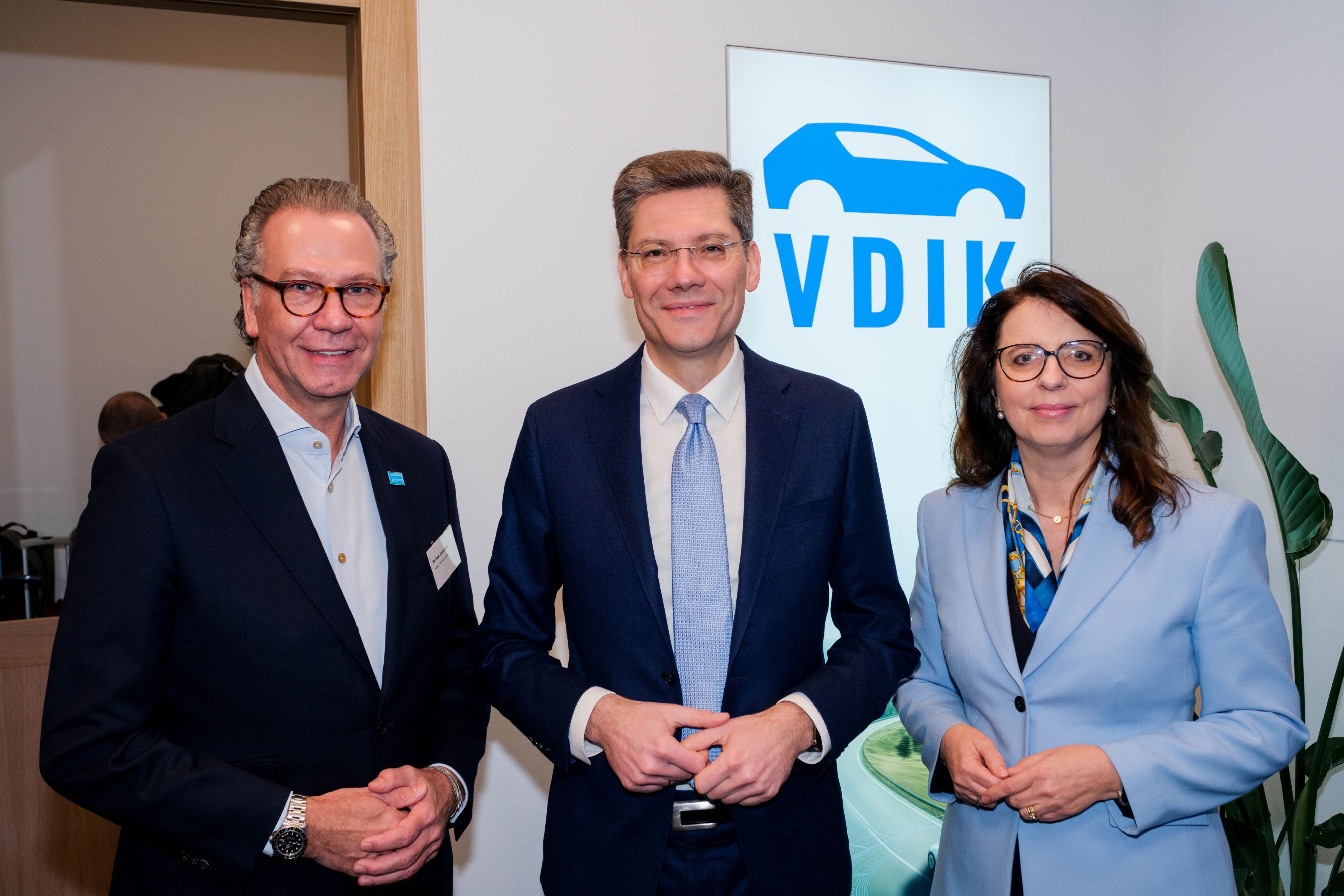The Association of International Motor Vehicle Manufacturers (VDIK) welcomes the European Commission’s proposal to extend the deadline for achieving the CO2 fleet limits. This will avoid an additional financial burden on car manufacturers without reducing the overall targets for 2025 or calling into question the regulation for 2035. However, the extension of the deadline by two years does not mean a delay in the efforts to ramp up electromobility, as the limits will continue to tighten every year. This is because sales of electric cars are still lagging behind previous forecasts. What we now need from politicians are long-term and stable framework conditions for higher customer demand so that the targets can be achieved.
“International vehicle manufacturers are committed to affordable and climate-neutral mobility by 2045 and emission-free new vehicles from 2035. To this end, manufacturers have been implementing substantial sales promotion measures for months, while at the same time facing fines. The ramp-up of electromobility cannot currently be deduced from customer demand, as customers are hesitant due to announced purchase incentives, the economic situation and political uncertainties. Ultimately, consumer confidence in the drive technology, economic affordability and charging infrastructure will determine whether they can and want to switch to climate-neutral drives as quickly as possible,” says VDIK President Imelda Labbé.
It will therefore depend above all on the framework conditions as to how many new battery electric vehicles are registered. The VDIK is calling for a reliable transformation plan that also includes a user-friendly charging infrastructure suitable for the mass market, including in urban areas. To this end, approval hurdles must be removed or simplified and cost-increasing regulations abolished.
Above all, individual mobility must not become any more expensive. In addition to a competitive charging price, predictable incentives with a stable residual value are also needed for all customer groups. An optimistic public attitude towards electromobility on the part of all opinion leaders, especially politicians, is of central importance for building customer confidence. It will now also be crucial to bring forward the relevant reviews for passenger cars and light commercial vehicles as well as for heavy commercial vehicles in order to adapt the necessary framework conditions on this basis. This is the only way to achieve the European and national climate targets in the future while maintaining technological openness





